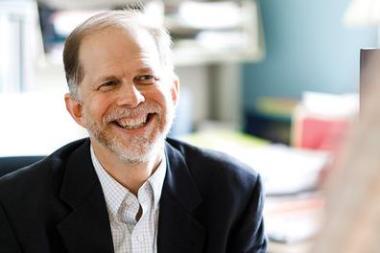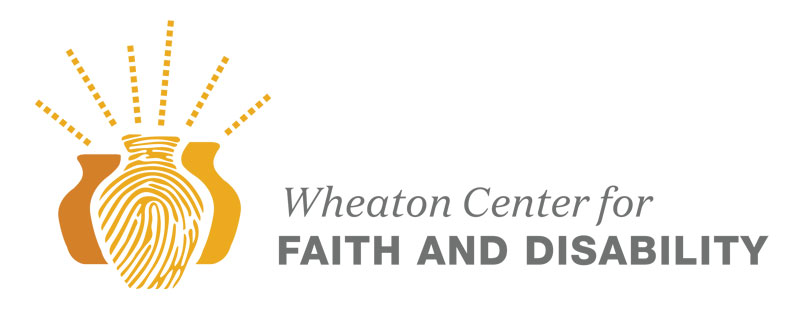April 20, 2022
Wheaton College has announced the launch of its Center for Faith and Disability, an initiative to reframe the way communities understand disability and equip schools and congregations to become places of belonging and flourishing for all.
 The center is an outgrowth of Wheaton's existing Faith and Disability Initiative, which was announced in 2019, and is spearheaded by Dr. Thomas Boehm. Boehm is an associate professor of special education who established Wheaton's Ann Haskins Special Education endorsement program for education majors.
The center is an outgrowth of Wheaton's existing Faith and Disability Initiative, which was announced in 2019, and is spearheaded by Dr. Thomas Boehm. Boehm is an associate professor of special education who established Wheaton's Ann Haskins Special Education endorsement program for education majors.
Boehm, himself, is the parent of a child with a disability. He has observed that churches and schools are often ill-equipped to include individuals with disabilities, and disability is rarely considered through a theological lens. Both the body of Christ and secular communities miss out on the rich gifts and friendships that these individuals have to give.
Boehm believes that the Faith and Disability Initiative and center could change the way schools and churches approach disability altogether. He calls for a commitment to relationship with and inclusion of individuals with disabilities, and for a robust theology of disability that affirms them as members of Christ's body.
"I believe God is calling Wheaton into a place of leadership in the church and across the world regarding disability discourse," said Boehm.
The center focuses on building relationships between individuals with disabilities, church leaders, disability advocates, theologians, educators, and church members. Personal connection spurs change and discourse better than abstract ideas, says Boehm.
“The Center for Faith and Disability will facilitate the critical work of bringing together members of Christ’s body for the benefit of the church and the world,” said Wheaton College President Philip Ryken. “Wheaton College is honored to be a part of this endeavor and excited to see this center’s future progress.”
Here are just a few ways the center will carry out its work:
- Convocations for churches. The Center for Faith and Disability has sponsored a recent convocation at a local church to bring together church leaders and their families affected by disability. After communal worship, the group discussed the experiences of individuals with disabilities within the church. Boehm intends to use the convocation as a model for other churches, and hopes it will begin a discourse in churches across the country and overseas.
- Partnership with schools. Wheaton's education department already partners with area schools to place education majors for practicums. The Center for Faith and Disability will work to exponentially increase the pool of partner schools, and tap special ed professionals to mentor education majors. Boehm hopes to find Wheaton alumni who work in special ed to serve as mentors also. In addition, the center is well-positioned as an academic institution to offer educators professional development and best-practice research regarding students with special needs.
- Research and publication. Students of the Ann Haskins Special Education endorsement program, as well as general education majors and students from other disciplines, can access disability research opportunities through the center. This gives the students valuable experience and helps the center develop its research infrastructure capacity. For example, this year's research students partnered with Wheaton Academy to design and deploy a student survey on readiness to include individuals with disabilities. Next year, the center plans to conduct a national study on disability ministry.
- Drawing leaders together. One of the center's goals is to bring together leaders, theologians, self-advocates with disabilities, advocates, and practitioners of disability to share ideas and build momentum. This will happen through cohort building, church convocations, and through contributions to the center's blog and research initiatives.
The center has also developed a Biblical Theology of Disability, ten points that provide a framework for beginning to think about disability in the context of biblical faith.
Boehm stressed that the center is the start of a "big-tent disability discourse to empower disciple-making movements." Through relationship building, education and partnerships, the center will equip other churches and organizations to carry on the disability dialogue themselves. In this way, Boehm hopes to inspire a movement that is decentralized and not bound to any one organization.
We invite a conversation with you if you believe the Lord is calling you to financially invest in stabilizing the launch of Wheaton’s new Center for Faith and Disability. Your partnership will help ensure the sustainability of Wheaton’s commitment to addressing disability through a biblical lens to equip the church and engage the world for generations to come.
